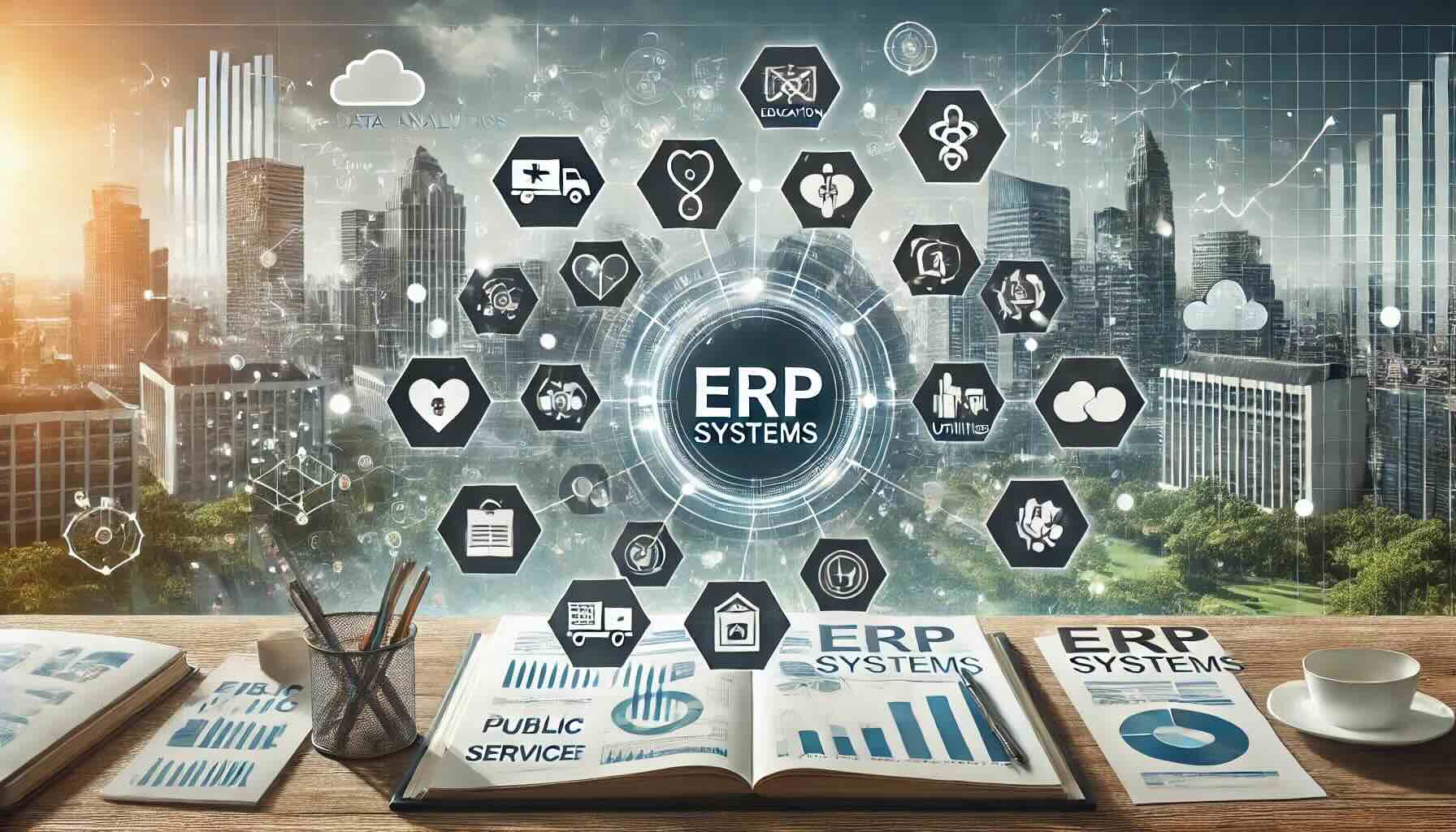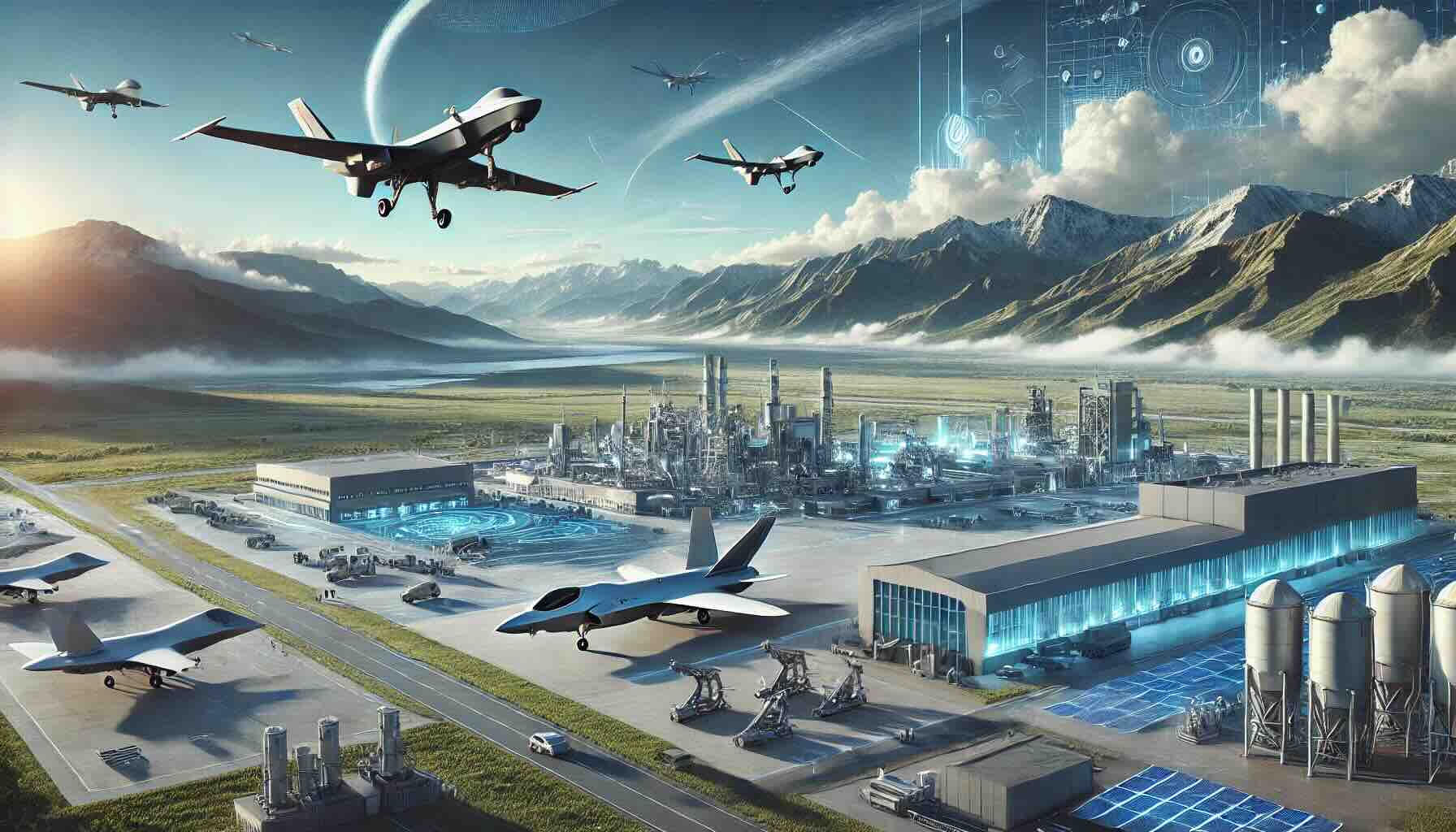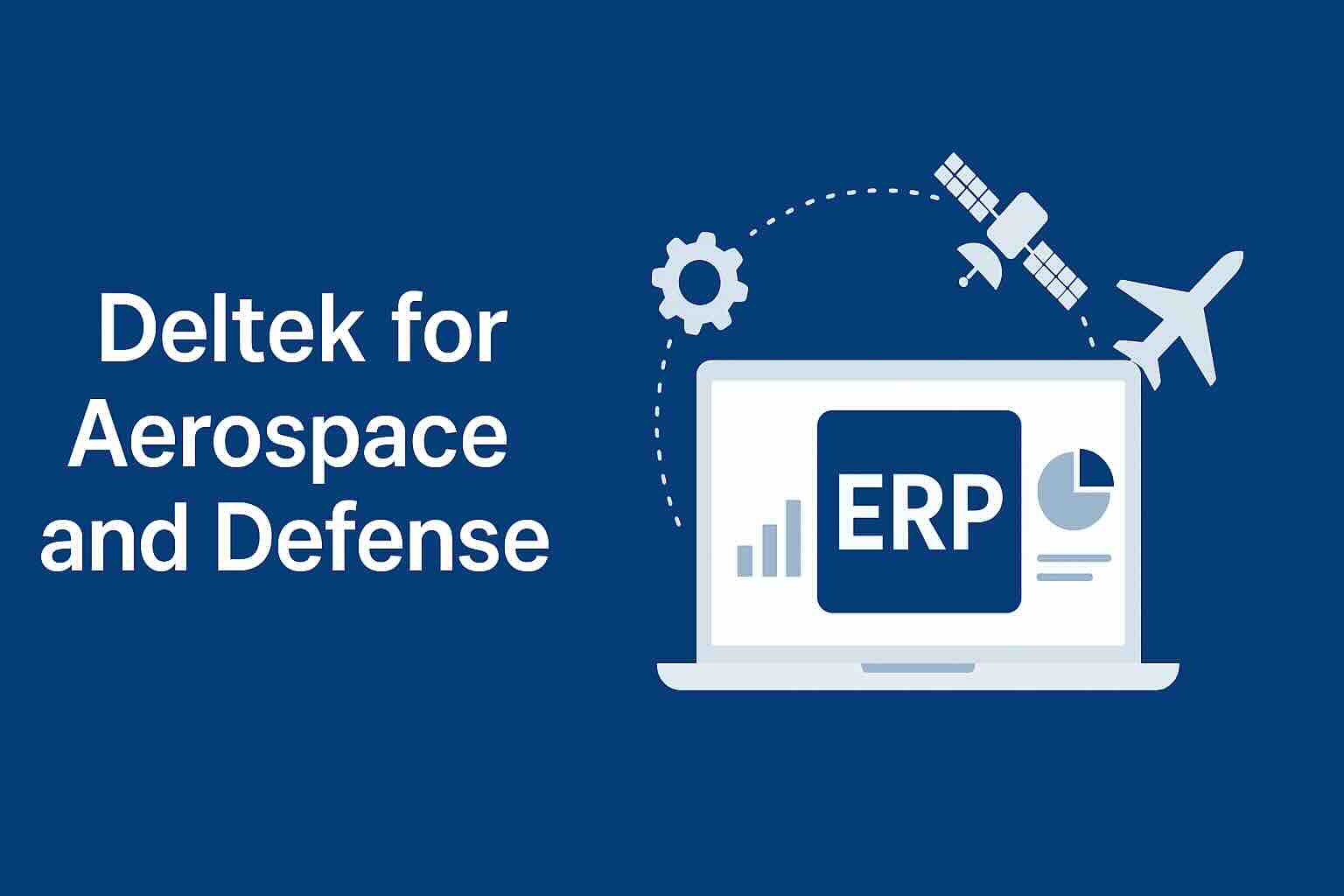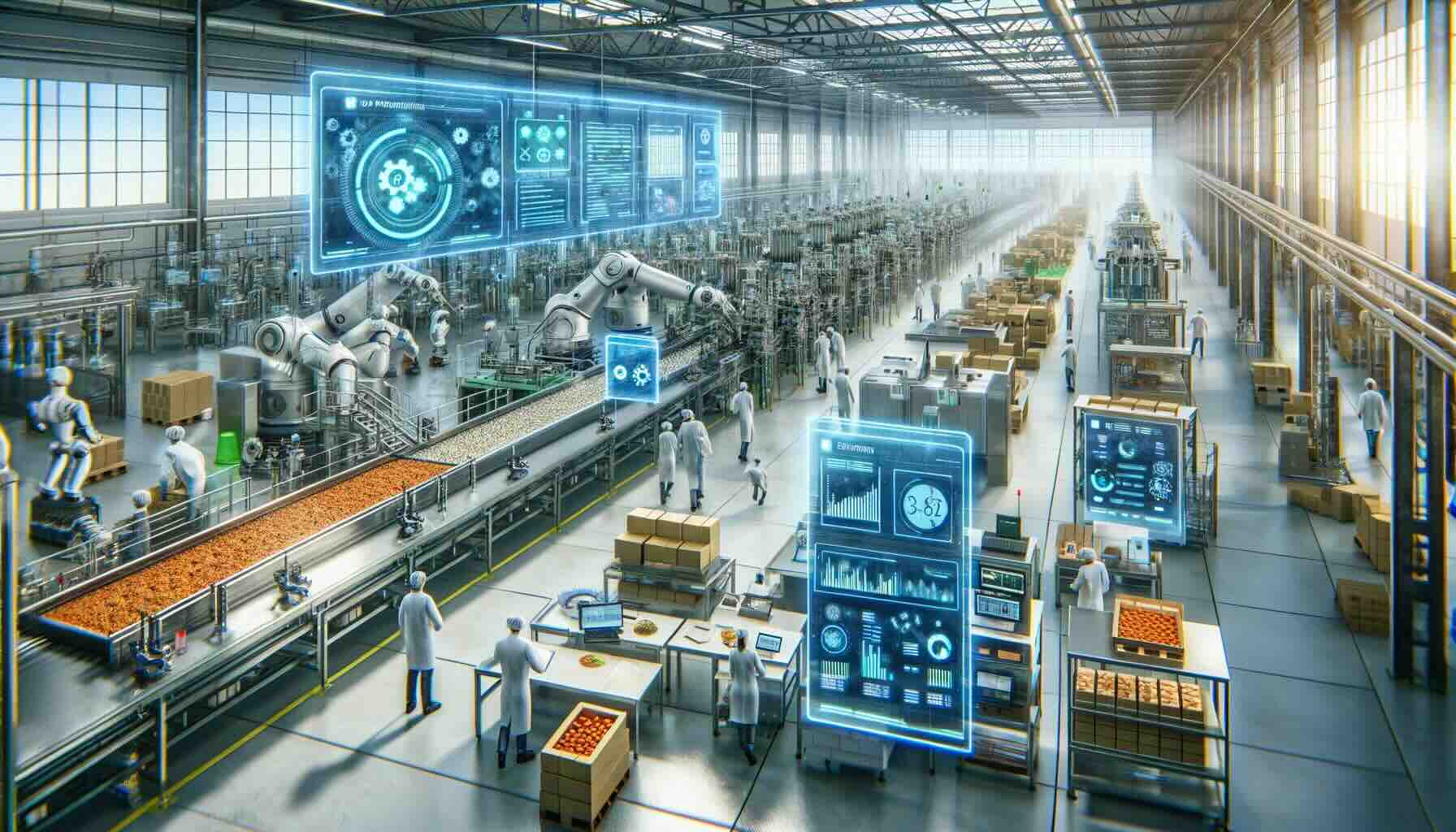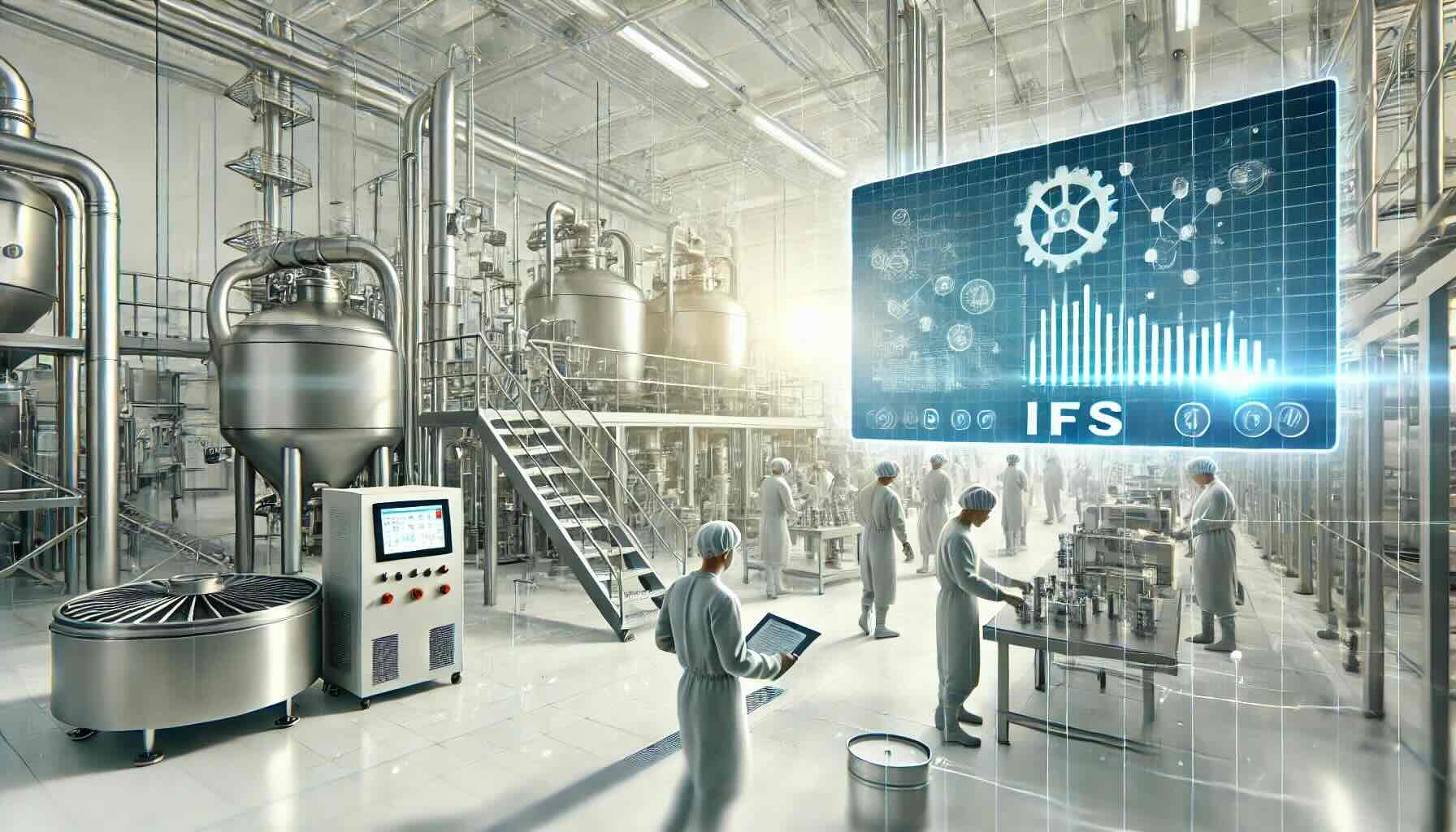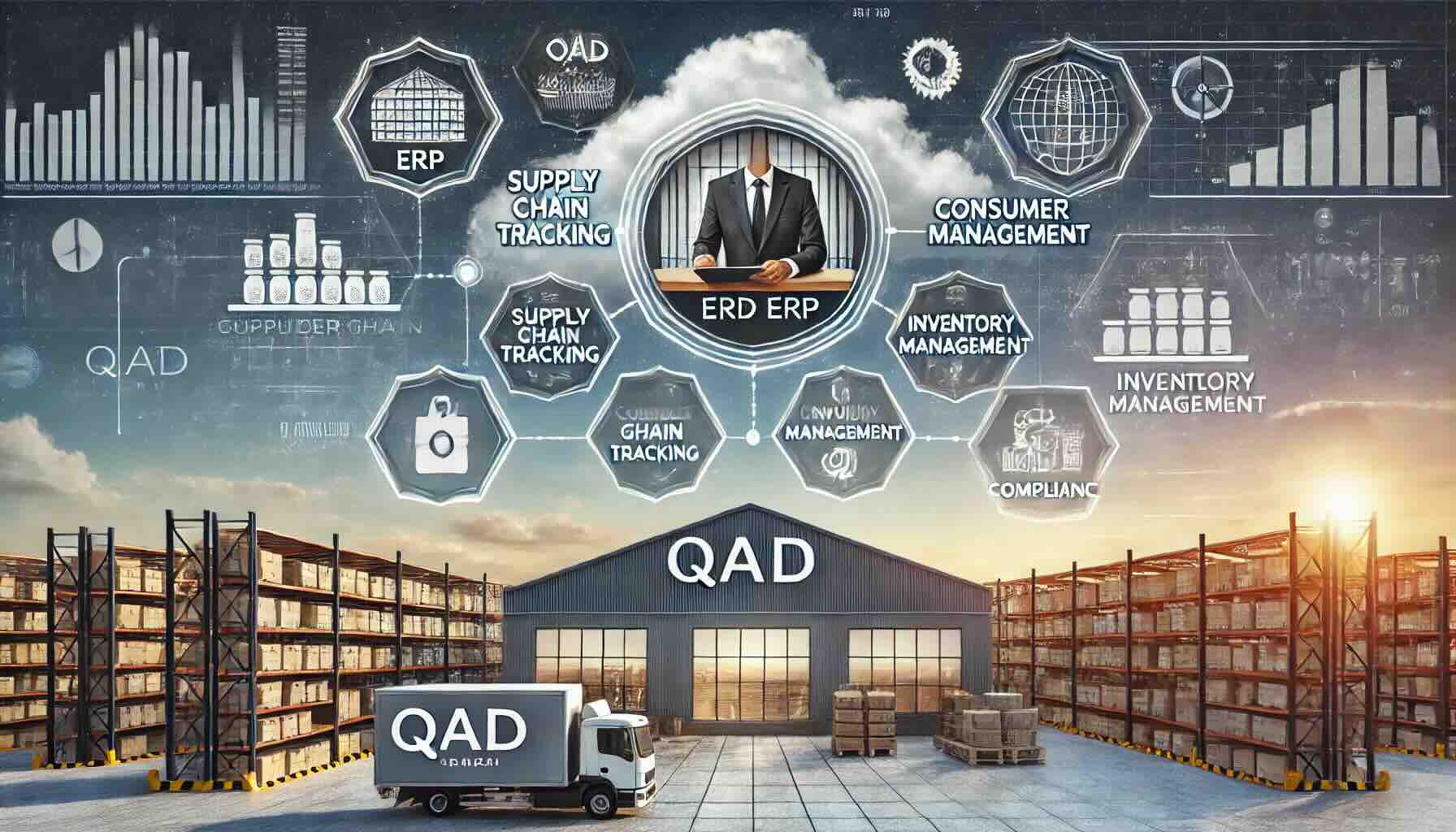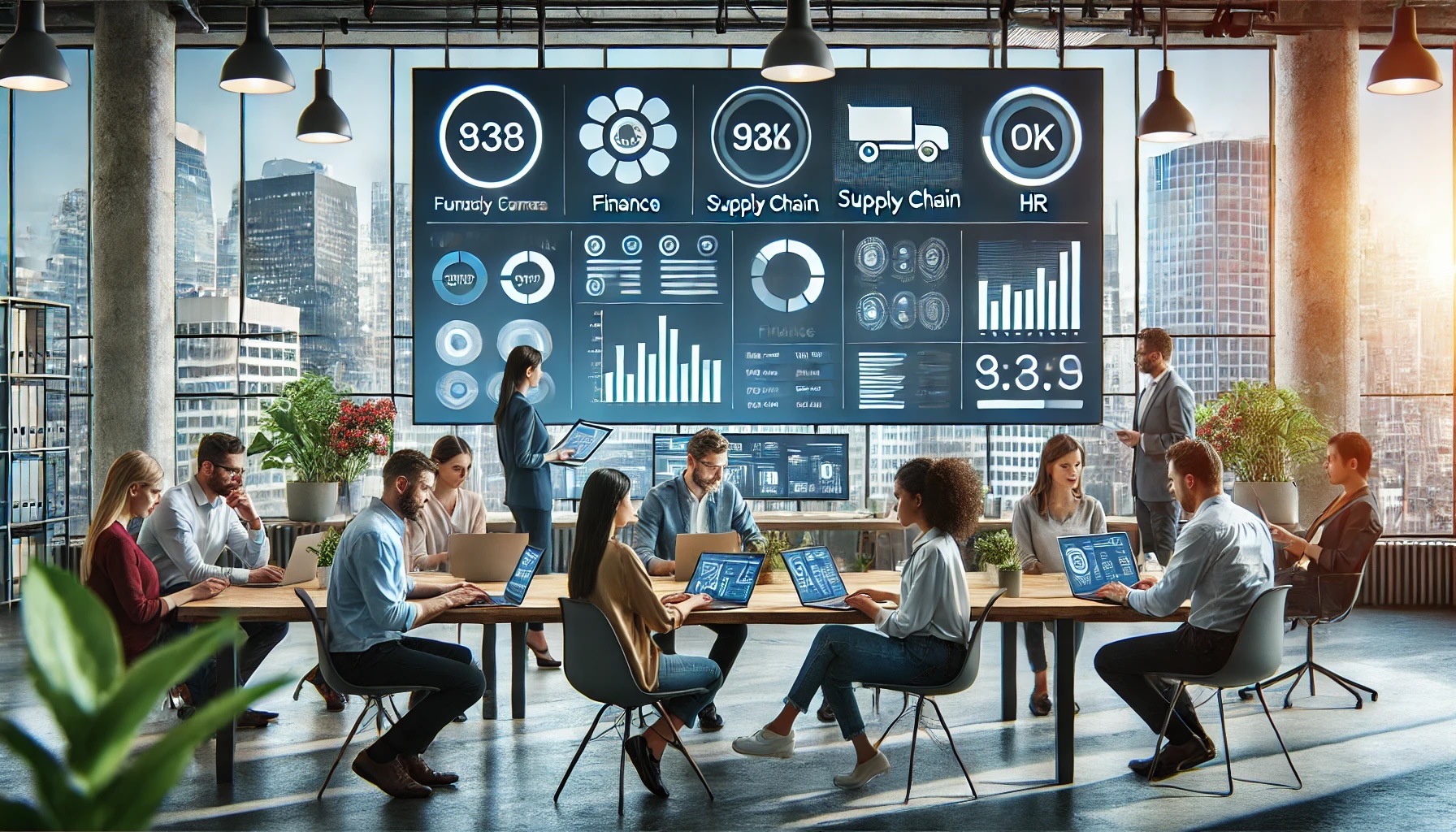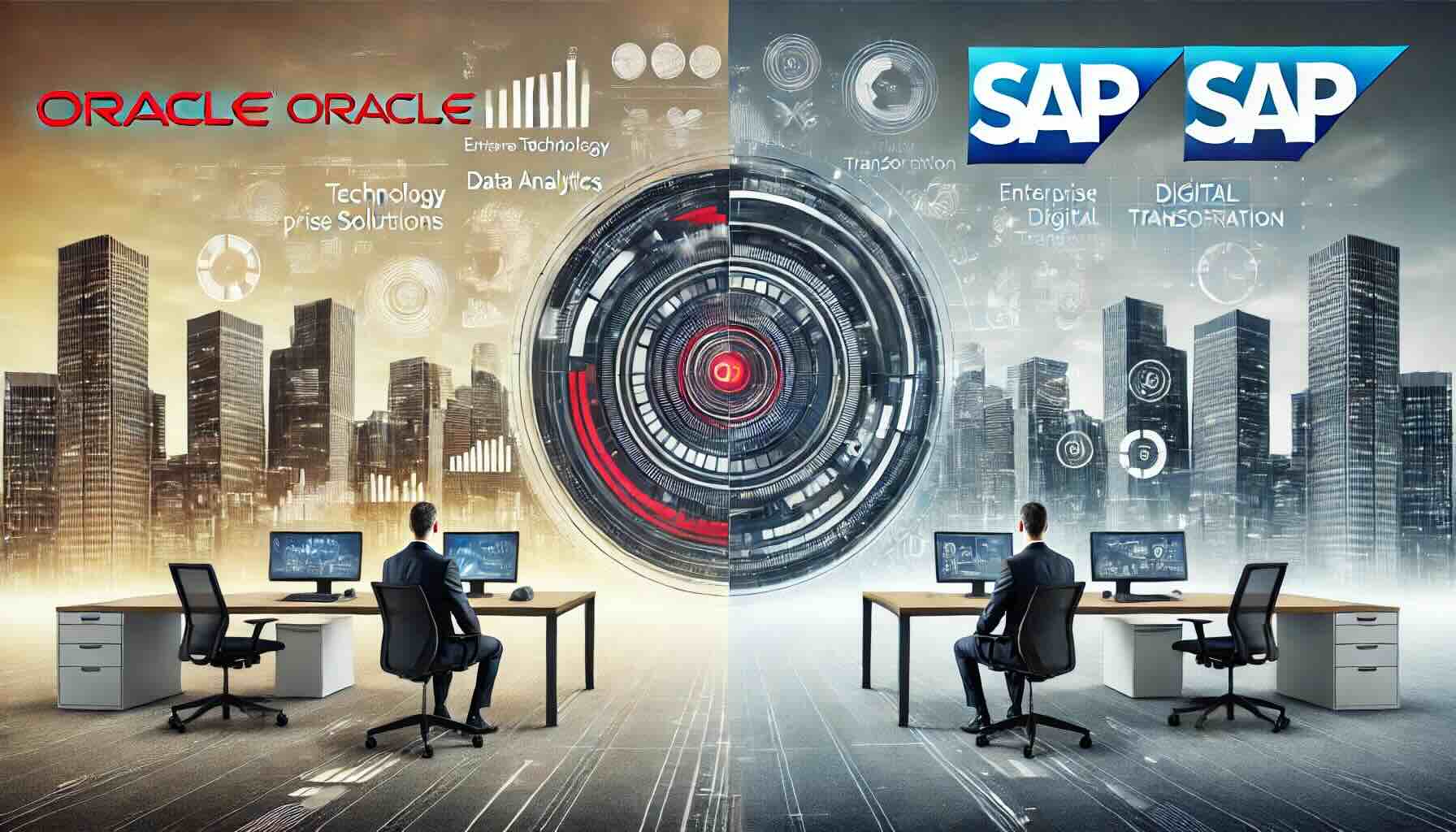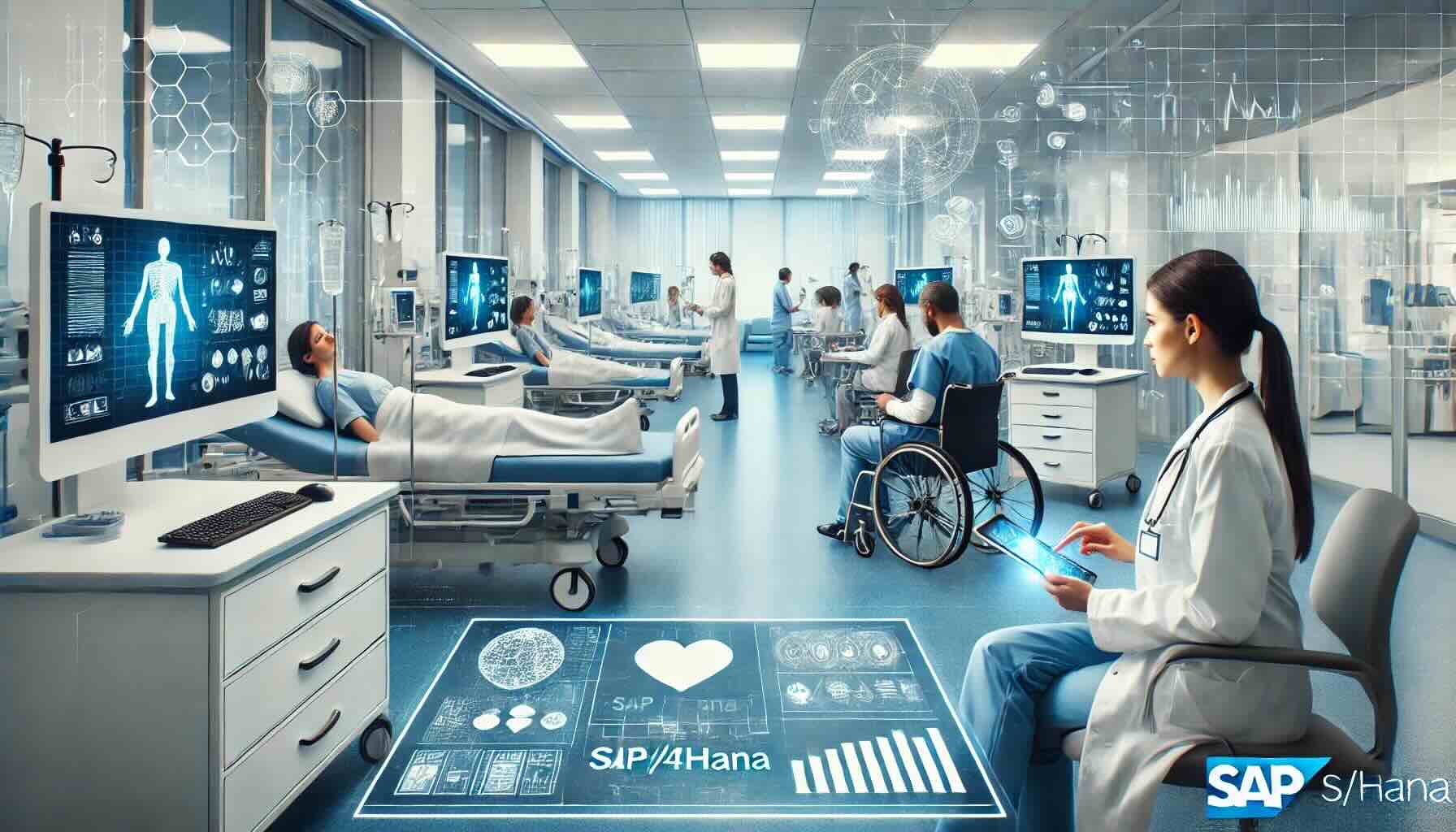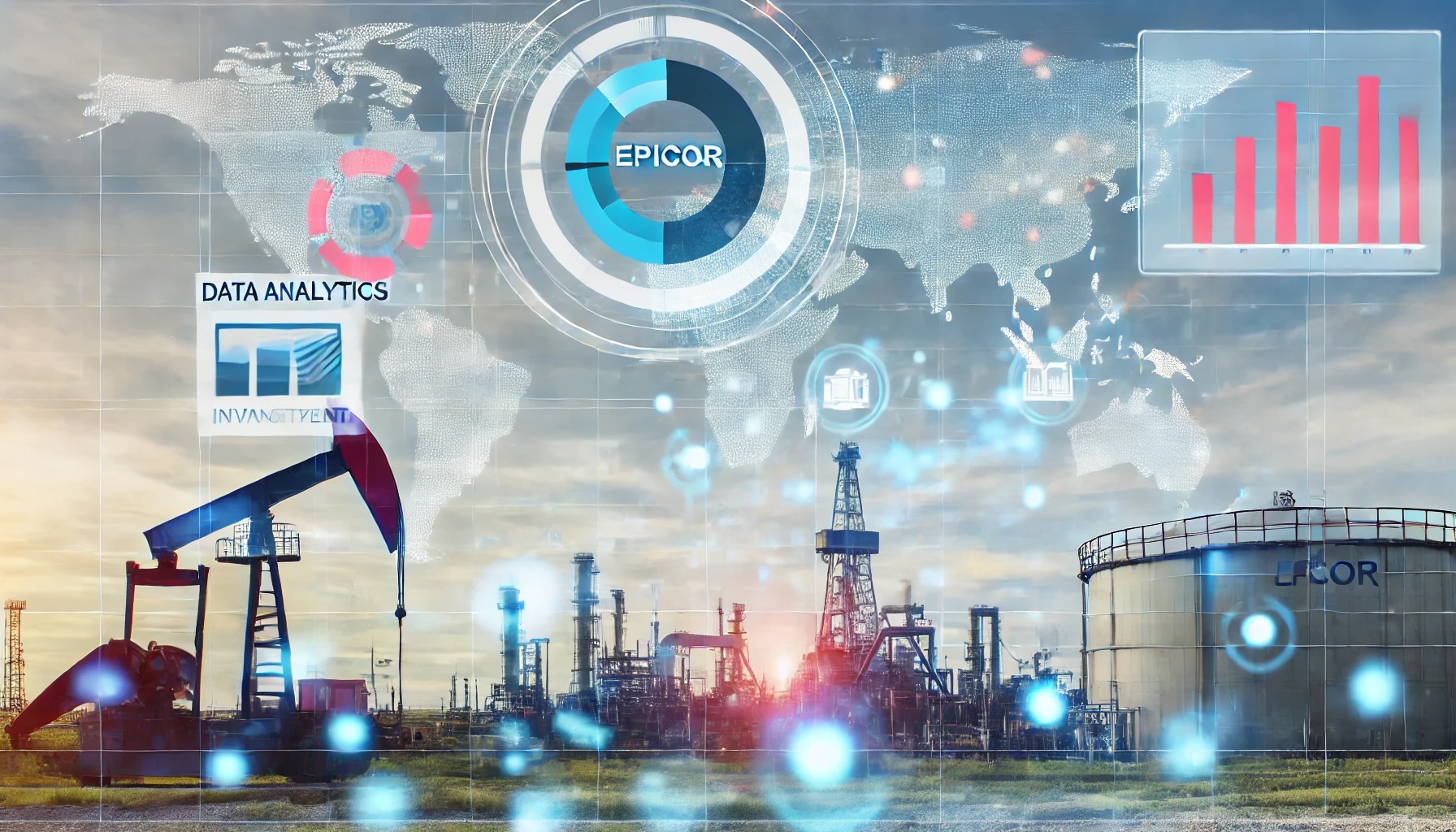Compare ERP for Hospitality Businesses
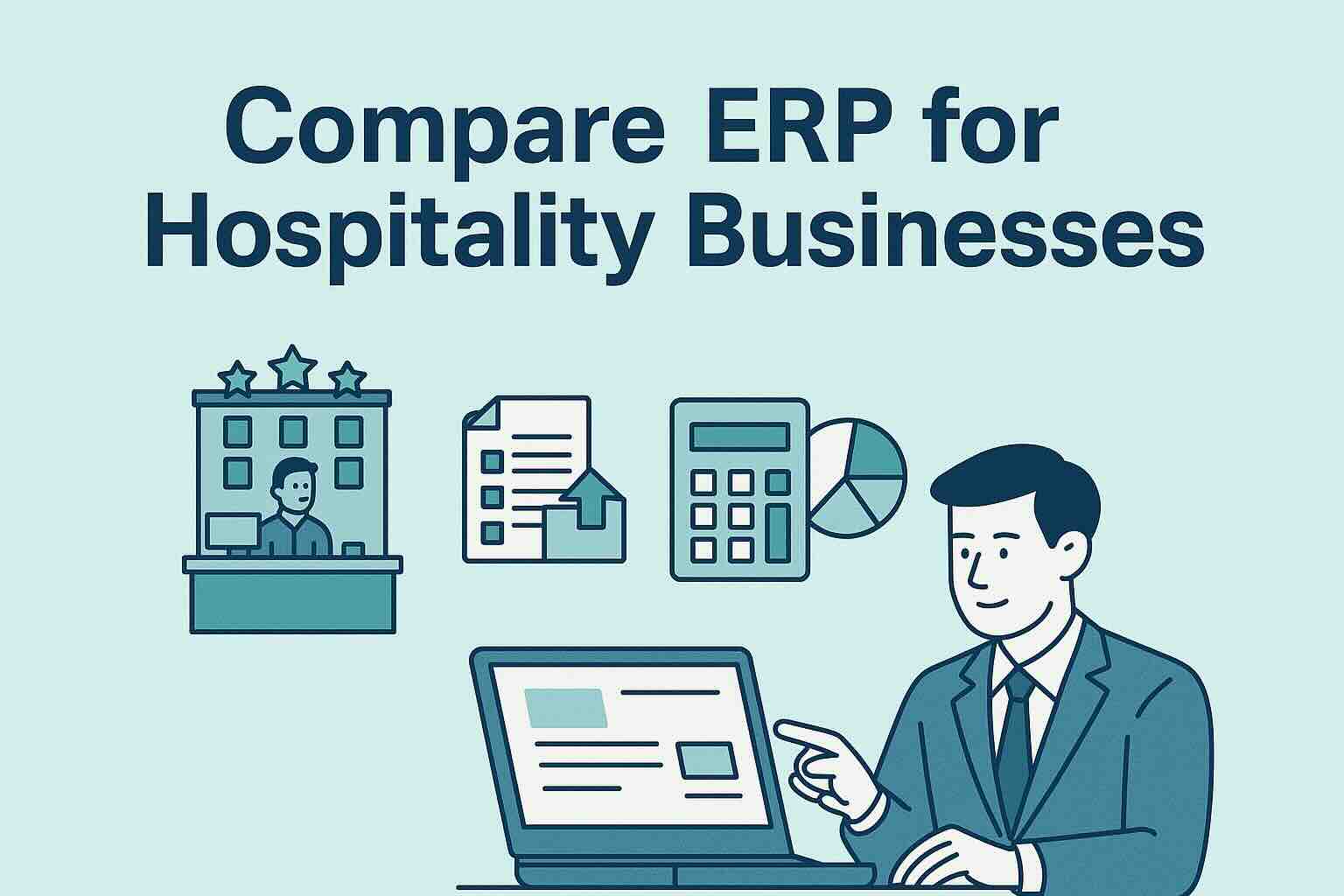
In the fast-paced hospitality industry, managing many functions, from reservations to accounting, requires smooth coordination. Enterprise Resource Planning (ERP) systems have become essential tools for hotels, resorts, and restaurants. They help businesses improve efficiency and create better guest experiences. This article will compare ERP for hospitality businesses and guide you in choosing the right system.
Why ERP is Essential for Hospitality
Hospitality businesses deal with guest services, inventory, staff, and finances all at once. Traditional software often separates these functions, which leads to slow processes and duplicated data. However, ERP software combines everything in one platform. As a result, teams can share real-time data and work more effectively.
Key benefits include:
-
Better guest experience: Unified data gives staff a complete view of guests, so they can personalize services.
-
Lower costs: Automated tasks reduce labor needs and cut down on mistakes.
-
Faster decisions: Real-time reports and analytics let managers react quickly to changes.
-
Easy growth: ERP systems can expand as you add more rooms, locations, or services.
Key Features to Compare
When you compare ERP solutions for hospitality, look for these important features:
-
Reservation and Front Desk Management – Ensures bookings sync with online systems and POS tools.
-
Inventory and Procurement – Tracks food, drinks, and housekeeping supplies to avoid waste.
-
Financial Management – Includes accounting, budgets, and currency options for global guests.
-
Human Resources (HR) – Manages payroll, scheduling, and seasonal staff changes.
-
Customer Relationship Management (CRM) – Builds loyalty programs and tracks guest feedback.
-
Mobile and Cloud Capabilities – Allows managers to access data anytime, anywhere.
Comparing Top ERP Solutions for Hospitality
1. Oracle NetSuite
Pros:
-
Strong cloud-based system with solid financial tools.
-
Scales well for large hospitality groups.
-
Detailed reports and analytics for decision-making.
Cons:
-
Higher price than many other options.
-
Setup can be complex and may need professional help.
Best For:
Large hotels or resorts needing a powerful system with advanced finance tools.
To find out more about NetSuite you can visit this link.
2. Microsoft Dynamics 365
Pros:
-
Works smoothly with Microsoft Office and other tools.
-
Flexible and customizable for different workflows.
-
Good CRM features for managing guest data.
Cons:
-
Needs IT skills for setup and maintenance.
-
Can get expensive as you add features.
Best For:
Medium to large hospitality businesses already using Microsoft products.
To find out more about Microsoft Dynamics you can visit this link.
3. SAP Business One
Pros:
-
Excellent for financial and inventory management.
-
Reliable for complex operations.
-
Scales well for businesses with multiple locations.
Cons:
-
Too advanced for small single-location hotels.
-
Setup takes time and can cost more upfront.
Best For:
Hospitality businesses with detailed supply chains and strong financial needs.
To find out more about SAP Business One you can visit this link.
4. Infor Hospitality
Pros:
-
Designed specifically for hotels and restaurants.
-
Integrates well with POS systems and guest tools.
-
Cloud-based with mobile access for staff.
Cons:
-
Fewer third-party integration options.
-
Less flexible than open-source systems.
Best For:
Hotels or resorts that want a ready-made solution built for hospitality.
To find out more about Infor you can visit this link.
5. Odoo
Pros:
-
Affordable, open-source, and modular.
-
Can be tailored to fit specific hospitality needs.
-
Large community with many extra modules.
Cons:
-
Needs customization to suit hospitality fully.
-
Lacks built-in industry-specific features.
Best For:
Small to medium businesses looking for a flexible and budget-friendly ERP.
To find out more about Odoo you can visit this link.
How to Choose the Right ERP
To choose the right ERP, follow these steps:
-
Check your needs – Identify your biggest challenges, like reservations or scheduling.
-
Set your budget – Cloud options often cost less upfront, while on-premises can be cheaper long-term.
-
Think about growth – Pick software that works for multiple locations or new services.
-
Review integrations – Make sure it works with booking, POS, and payment tools you already use.
-
Look at support – Good training and customer service will help staff adopt the system faster.
Future Trends in Hospitality ERP
Modern ERPs are adding new features. For example, AI is helping predict guest needs and optimize pricing. At the same time, IoT tools like smart room controls are becoming more common. Sustainability is also growing in importance, with energy tracking and waste reduction built into many systems.
Conclusion
Choosing the right ERP can change how your hospitality business runs. By looking at pros, cons, and best-fit use cases, you can select a system that improves guest satisfaction and internal efficiency. As technology evolves, using a strong ERP will help you stay competitive and ready for future changes.
Ready to find the perfect ERP for your hospitality business? With our AI-powered Compare ERP tool, you can explore and compare solutions tailored to your needs in minutes. The tool checks millions of data points across more than 100 ERP options and shows you the top three choices for your priorities – completely free. Take the first step toward smoother operations and better productivity and start comparing today.
